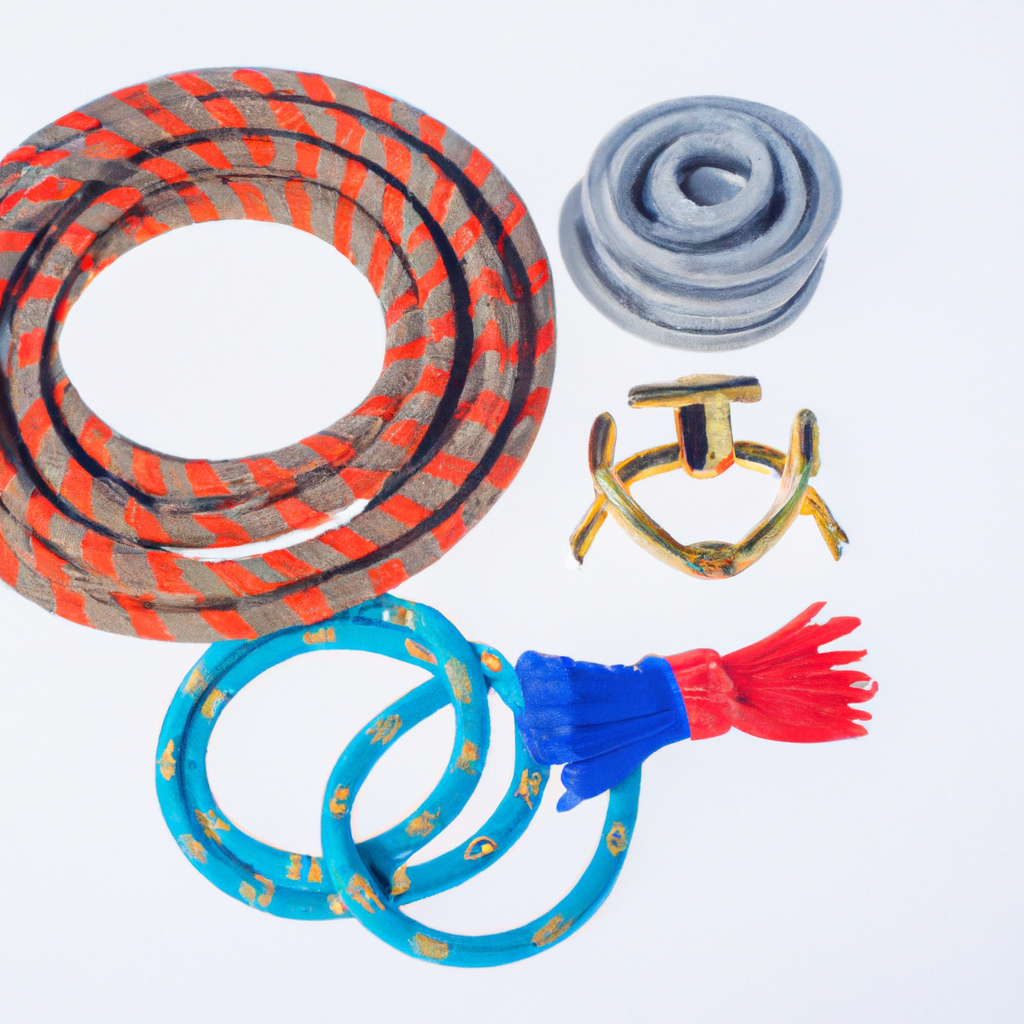Sailing Safely: Complete Guide to the Necessary Equipment for Every Nautical Activity

Nautical activities offer a wealth of opportunities for adventure, exploration and fun. However, to enjoy them safely and effectively, it is essential to have the right equipment. This article will focus on providing a detailed guide to the equipment required for each nautical activity, covering everything from sailing to nautical fishing, to underwater sports. In the following sections, we will examine the essentials for each discipline, the essential safety equipment for all nautical activities and provide tips for choosing the most suitable equipment in each case. Whether you are an experienced sailor or an enthusiastic beginner, this guide will help you prepare for your next adventure on the water.
- 1. "Sailing Equipment Essentials"
- 2. "Safety Equipment for Nautical Activities"
- 3. "Guide to Underwater Sports Equipment"
- 4. "How to Choose the Right Equipment for Nautical Fishing."
1. "Sailing Equipment Essentials"
Essential sailing equipment goes beyond the boat's hull and sails. A good yacht should be equipped with a sturdy and suitable life jacket for each crew member, as it is vital for safety on the water. A wetsuit or appropriate sailing clothing is also necessary to protect against adverse weather conditions. A marine GPS and a VHF radio are two other essential items for navigation and communication. In addition, it is advisable to carry a well-equipped first aid kit, flares and a life raft on board in case of emergency. Finally, do not forget mooring equipment such as ropes, fenders and anchors, which are essential to secure your boat in port.
2. "Safety Equipment for Nautical Activities"
Safety equipment is essential in any nautical activity, both to ensure your own safety and that of others. Depending on the activity, this equipment may vary, but there are common items that should never be missing. Life jackets are essential, they must be of the right size and in perfect condition. It is also important to have flares and emergency lights to signal our location in case we need help. Other items such as helmets, wetsuits or diving goggles are essential for specific activities. It is also crucial to have a well-equipped first aid kit on board, as well as some means of communication such as a marine VHF radio to be able to issue a distress call if necessary. A marine GPS can also be of great help to avoid getting lost at sea. In short, safety should always be the top priority in any nautical activity.
3. "Guide to Underwater Sports Equipment"
Underwater sports such as scuba diving, snorkeling, and free diving require a specific set of equipment to ensure both safety and an exciting experience. First and foremost, a wetsuit is essential to keep the diver warm in cold water and protect against scratches or stings from sea creatures. Fins aid in mobility underwater, while diving goggles and a breathing tube are a must for snorkeling. For deeper diving, an oxygen tank, a regulator to control airflow, a buoyancy compensator vest to help the diver float or sink at will, and a dive computer to monitor depth, time, and air pressure are required. Additionally, it is advisable to carry a diving knife for emergency situations and a flashlight for exploring dark areas. All of these pieces of equipment should be selected carefully, considering the individual's safety, comfort, and personal preference.
4. "How to Choose the Right Equipment for Nautical Fishing."
Choosing the right equipment for sea fishing is key to ensuring a safe and successful experience. The first thing you need to consider is the type of fishing you will be doing, as fishing in a calm river is not the same as fishing in the open sea. You need to take into account the type of fish you want to catch, as each species will require specific equipment. The fishing rod, reel, line and hooks should be selected based on this. It is also important to have a life jacket, especially if you are going offshore fishing. Other useful items include a hat to protect you from the sun, gloves to protect your hands and a tackle box to organize your equipment. Always remember to do your research and seek advice before making the final purchase, to ensure you are purchasing the most suitable equipment for your needs.
